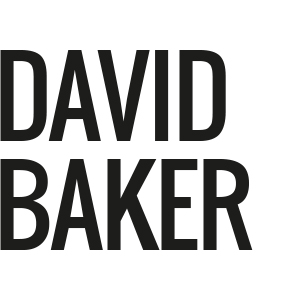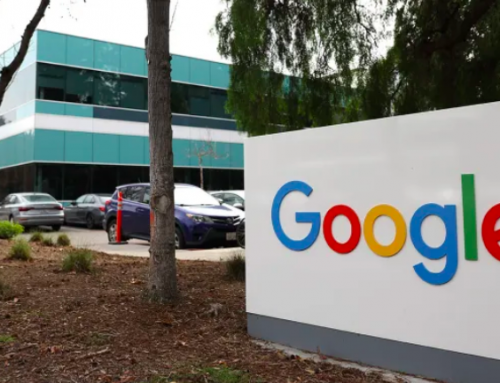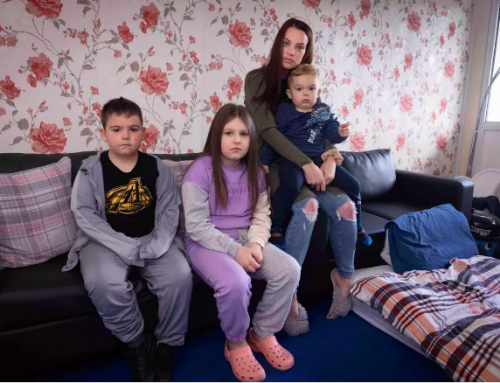Their reluctance to take up jobs should be a wake-up call for all of us in work
Monthly column: “Possible Futures”
Época Negócios Brazil, July 2022
(originally published in Portuguese)
Earlier this month, I had the pleasure of joining a meeting of HR professionals at The School of Life in São Paulo, where I teach when I am in Brazil. The topic was something that seems to be alarming employers across the globe: Gen Z’s apparent reluctance to accept job offers and enter the workforce. At the event, we heard stories of young people not showing up for interview; of candidates accepting job offers but then changing their minds; and even of new recruits coming to work but then, a couple of weeks later, deciding the job wasn’t for them. And research seems to back up the anecdotal evidence. Last year, a survey of 35,000 people across 34 countries, carried out by the recruitment consultancy Randstad, found that nearly one in two Gen Z individuals (people born between the late 1990s and early 2010s) would rather be unemployed than stuck in a job they didn’t like.
Why are Gen Zers so cautious about entering the workplace? One reason that came up in our discussion at the School was the fact they seem to be more wary than previous generations of the promises held out by the world of work, having watched many of the dreams held by millennials, the generation that came before them, turn to dust. (Millennials, in many countries in the world, are the first generation for centuries to be worse off than their parents.) Another was that, having experienced the autonomy and independence offered by studying from home during the pandemic, they were now insisting on the flexibility offered by hybrid working. (Randstad’s survey also bore this out.) A third was that Gen Zers are insisting that companies be clear, honest and authentic about their values. In a 2018 survey of 6,000 people in the US, carried out by NEW (now NextUp) and Deloitte, 77 per cent of Gen Zers said that it was important for them to work for companies whose values aligned with their own and which were able to demonstrate that in a concrete way.
But the idea that came up most often – both anecdotally at the School and in the research – was an overriding desire by Gen Zers to protect their mental health. Work, they seemed to be telling us, has not been good for us humans for a long time. By going slow on entering the workforce, they were sending a signal that that had to change.
This is a strong indictment – especially for those of us who have some say in shaping how work is done – but the good news, I think, is that it also contains its own solution. As the consultant Adam Smiley Poswolsky has argued in a recent article in the Harvard Business Review, Gen Z’s reluctance to play the traditional workplace game gives us an opportunity to put mental health front and centre in the world of work. This would mean paying as much attention to our employees’ mental health and safety as we do to their physical health and safety. The fact that this idea seems strange only highlights how much we have accepted the presence of stress, burnout, depression and toxicity in the workplace as somehow a fact of life. If the Gen Zers are telling us anything, it is that those days are over.
But I think we also need to look at our own mental health in the light of Gen Z’s greater pickiness about the world of work; at how we older workers (and, yes, sorry millennials, that applies to you too) react to their apparent insouciance about employment. Because, let’s face it, behind all our public endorsement of greater work-life balance and employee-centred wellbeing, a lot of us can find ourselves boiling over with resentment and frustration at what can feel like over-sensitive, spoiled youngsters taking the Mickey. While pretty much no one will say this in public, I know of plenty of senior managers in their 50s, who are tearing their hair out at the behaviour of their youngest recruits. One former colleague of mine called the other day to complain that one of their interns had said they wouldn’t be coming to work that day as they had found the previous day stressful. “It IS stressful,” my ex-colleague said, their exasperation seeping down the line, “it’s WORK!”
I totally get this, but I wonder if we oldies could also take a moment to reflect. First, about why, in many workplaces, there is a kind of fetishisation of stress, as if relaxed environments – which we know are more productive, innovative and conducive to good outcomes – are somehow not “real” work. And, second, because, if we are honest with ourselves, a lot of that exasperation comes from envy; when we took our first steps into the world of work, we had little choice but to take what was on offer and accept the consequences. And envy is one of those emotions that is very hard to acknowledge but which, unacknowledged, can easily turn into bitterness.
So, just as we lay the groundwork for a better attitude to mental health in our workplaces – essential if we are going to persuade those Gen Zers to come and join us – maybe it’s also time to acknowledge that every generation resents what they see as the easier life being led by those which follow them. But that is just a product of economic and social growth, something we should be celebrating. If we can accept that and create a world of work that is better for everyone’s mental health – including ours – we might find that those talented youngsters actually want to take up the jobs we are offering them.






